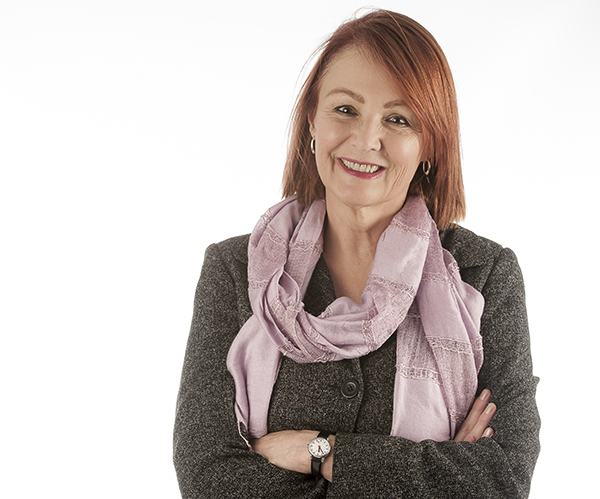Latest News Archive
Please select Category, Year, and then Month to display items
08 November 2024
|
Story Jacky Tshokwe
|
Photo Supplied
 The Kingdom Vision Foundation (KVF) management team took part in the annual Social Impact Innovation Awards organised by the SAB Foundation.
The Kingdom Vision Foundation (KVF) management team took part in the annual Social Impact Innovation Awards organised by the SAB Foundation.
In September, the Kingdom Vision Foundation (KVF) management team took part in the annual Social Impact Innovation Awards, organised by the SAB Foundation. This competition included a three-day workshop, during which participants received mentorship on enhancing their business models to maximise sustainable impact. Participants also crafted a four-minute business pitch, which they delivered to a panel of independent judges from sectors such as business, health, education, and government. At the end of the workshop, winners were chosen based on the impact of their innovation, the strength of their business model, and the likelihood of future success.
On 10 October, the management team attended the Innovation Awards Ceremony, where KVF was honoured with the Development Award worth R700 000. In addition to the grant, KVF will participate in a 15-month business coaching and mentorship programme in 2025, through which the SAB Foundation’s coaching team will support them in expanding and scaling their impact across South Africa.
The funding will enhance both the Kovsie Health and Anchor of Hope eye clinics, which are collaborating with the University of the Free State (UFS) Department of Optometry to provide affordable eye care to thousands of students and community members. The project aims to improve the quality of education for Optometry students, helping them experience the positive change they can drive through social impact. KVF’s vision includes a future at Kovsie Health where every student’s visual needs are met, regardless of financial constraints, and a thriving Anchor of Hope clinic that brings the gift of sight and renewed hope to rural communities around Bloemfontein.
Research chair into Higher Education gets boost for five more years
2017-11-21

Prof Melanie Walker, Director of the Centre for Research on
Higher Education and Development (CRHED).
Photo: Supplied
The research Chair in Higher Education and Human Development within the Centre for Research on Higher Education and Development (CRHED) at the University of the Free State has secured funding for another five years. It follows a favourable evaluation by the South African Research Chairs Initiative (SARChI) of the research project at the UFS.
The Director of the Centre, Prof Melanie Walker, says she is delighted by the recognition of the Chair's hard work and significant productivity. “This new round of funding secures the centre and its activities for the next five years.”
Under the auspices of the Chair, research is conducted on higher education, inequalities and social justice, and how or if universities foster the human capabilities and aspirations of students. In essence, the research studies whether higher education makes a difference to the lives of students, their families and communities. Prof Walker says the Chair's projects look at issues of access, participation and transitions into work, as well as gender, race and social class. The research uses quantitative and qualitative methods and includes a strand of participatory research projects with students.
Prof Walker says through the Chair research project, and the Centre, researchers have developed extensive international links and produced international quality research and publications. “We foster high-quality PhD graduates as a new generation of social science academics.” The Chair has in the first five years produced 10 PhDs and four master’s students.
The project in the next five years will continue with its focus on higher education and human development research. Prof Walker says all the research efforts seek to contribute to more justice in society and universities and to contribute to debates, policy and practices in higher education and a scholarly knowledge base.
The Research Chairs Initiative aims to improve the research capacity at public universities to produce high-quality postgraduate students, research and innovative outputs. The assessors looked at features such as the number of students the research entity had trained and how many publications the research team had produced.